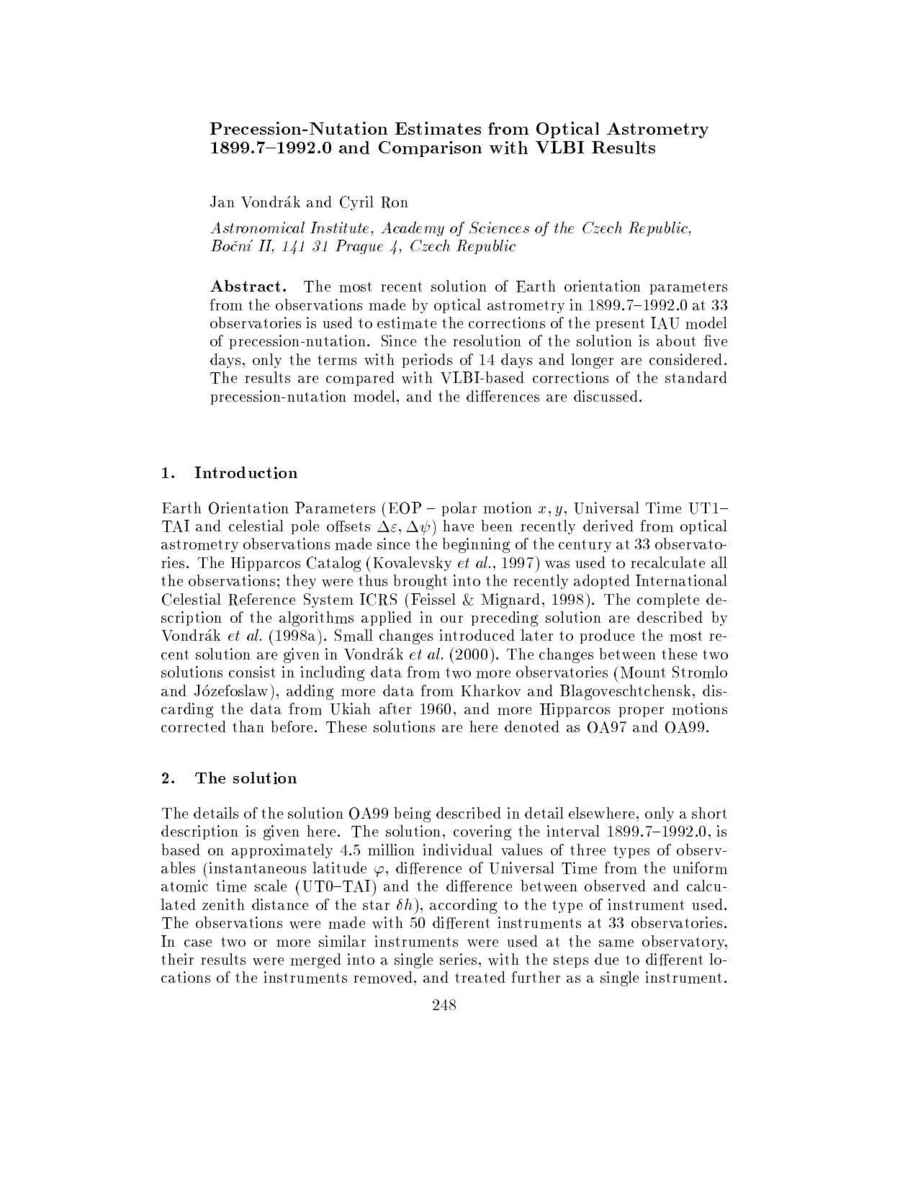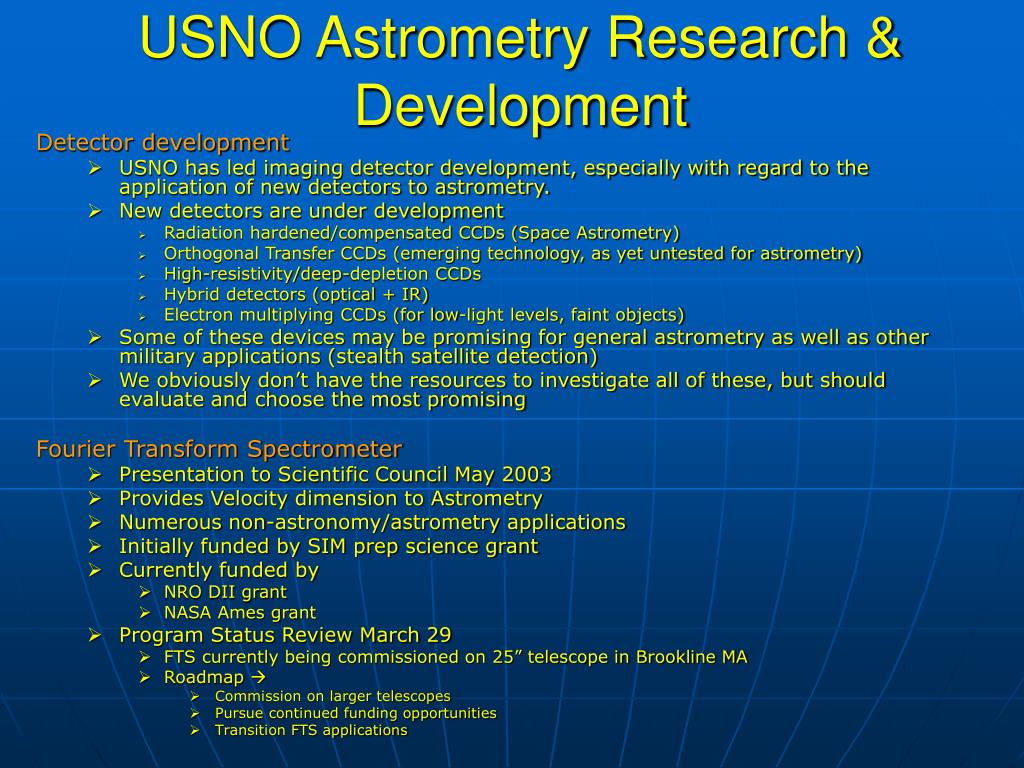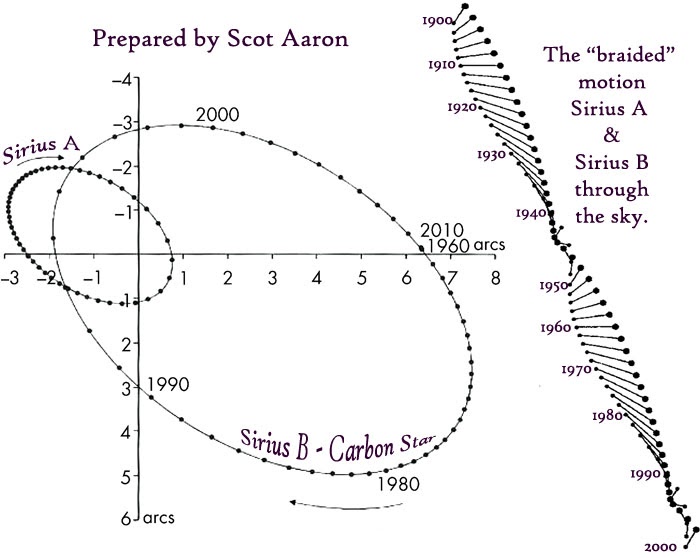

The camera, specifically its charge-coupled device (CCD) detector, that is attached to the telescope basically converts or counts photons or electrons and records a series of numbers (the counts) - those numbers might correspond to how much light different objects in the sky are emitting, what type of light, etc. One way it is used is when we look at objects in the sky with a telescope. These two uses of mathematics make mathematical astronomy a continuing challenge.Īstronomers use math all the time. Credit: Richard Powell.Īlthough most of the mathematics needed to understand the information acquired through astronomical observation comes from physics, there are special needs from situations that intertwine mathematics with phenomena that may not yet have sufficient physics to explain the observations. Consider taking courses in these areas in your junior year and senior year.Our universe within 1 billion light-years (307 Mpc) of Earth is shown to contain the local superclusters, galaxy filaments and voids. The following subject categories are particularly relevant for this degree. Note: Grade 11 Chemistry and Physics requirements listed are only relevant to students who are not completing the equivalent IB Diploma Chemistry and/or Physics courses.įor students studying outside of Canada, some examples of courses that may be accepted as Grade 11 equivalents are junior-level courses for American students, and IGCSE and O Level for those following British-patterned curricula. Grade 11 or equivalent Physics (may be waived with grades of 5 in IB Chemistry and in your IB Mathematics course).One of IB Biology, IB Chemistry, or IB Physics.

(IB Math Applications and Interpretations SL, or IB Math Studies, are not acceptable.)

Research program in Astronomy and Astrophysicsįirst-year physics classes are taught using the flipped-classroom model to ensure that you receive individualized help, even in larger lectures.UBC operates the Large Zenith telescope, the largest liquid mercury telescope in the world, located in one of UBC’s regional forests. UBC has a very significant research program in astronomy and astrophysics, with several faculty globally acknowledged to be at the leading edge of cosmology research. You can study intense specialization in a single field.Īstronomy is often considered a sub-field of physics in which principles of physics and mathematics are used to investigate the fundamental nature of the universe and its evolution the properties of galaxies and the birth, evolution, and death of stars and black holes.Īstronomers apply this knowledge to solve problems in navigation, space flight, and satellite communications, as well as to develop the instrumentation and techniques used to observe and collect astronomical data.Īstronomy is available at the undergraduate level as a major, or as a combined honours in Physics and Astronomy, which is strongly suggested for students wishing to pursue graduate studies in astronomy and a career in research.


 0 kommentar(er)
0 kommentar(er)
